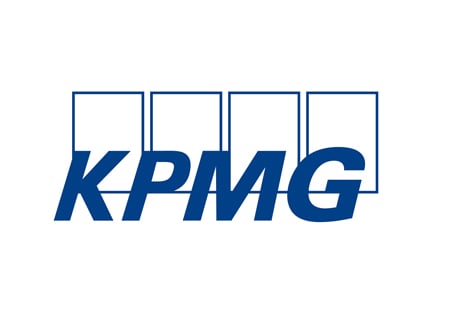How to rid your business of growing pains and gear up for investment

Firstly, businesses often don’t have the working capital to invest in significant expansion plans, writes Richard Hall, director at KPMG on the South Coast.
Doing so can sometimes be more harmful in the long-term and end up being a strain on day-to-day operations.
Seeking external finance is crucial for any business looking to expand. But before considering kickstarting a growth journey it’s important to have ironed out a watertight financial plan that details your long-term ambitions, how you’re going to achieve them and how this translates into generating returns – for both yourself and your investors.
It’s essential to have your finances in shape. Investors and lenders will expect a concise articulation of why you need the money – whether that’s for people, products, new premises, entering new markets, or overseas expansion – and how that supports the returns you’re projecting.
Depending on the type of expansion plans, there are different sources of funding to consider. It could be a debt facility, looking at private equity or, for larger organisations, looking towards the public-equity markets.
Navigating the debt market
Debt finance can be a cost-effective way to drive growth. Cheaper than equity funding, it can come in many forms – whether that’s asset-based lending, bank debt, credit fund or debt capital markets.
There are also facilities that enable debt to be leveraged against existing assets. Debt funding also means shareholders don’t have to give away any equity to fuel growth, as they would when bringing an investment partner on board or using equity funding.
There are some key things to consider. Time and time again we’ve seen management teams charge their business up with debt when it’s not quite right for them. It can often restrict growth if the financing structure isn’t aligned with long-term plans. If the debt facility isn’t sized to grow with your business – or some financial covenants impinge on investment plans – then in the short-term your business could find itself needing to refinance.
This can be a sticking point for management teams looking to grow as they are restricted by the amount of debt they’ve taken on. Corporate strategy should dictate financing and not vice versa.
There is currently a lot of liquidity in the market looking for a good home, so businesses should be confident when looking to secure the financial support necessary to fuel expansion.
Seeking external investment
Private equity is also an option to use in conjunction with debt. Taking shares in the business and instilling a board representative at non-executive level is a tried and tested tool for achieving growth. The added benefit of bringing additional people to the boardroom table is their expertise in a given field. It can be an especially beneficial route if a business is looking to enter foreign markets or undertake a spree of acquisitions.
Often many private-equity funds also have access to follow-on finance which sits outside the original investment package. This can be used to drive continued growth after the initial point of investment. The relationship with a private-equity investor generally takes a longer lifecycle given they are looking to achieve a return on their investment; it means partnerships can last for a number of years.
External investment can also take other forms. For more early-stage and start-up companies there are alternative methods of financing growth, like crowdfunding. Bypassing traditional banks and turning to individual investors who pledge smaller sums of money towards a business can be a good tactic to raise capital, but often the sums of money aren’t substantial enough to fund a long-term expansion plan.
Getting investment ready
For any management team looking to secure investment – the requirements are clear. Formulate a business plan, make sure your financial forecasts are watertight with detailed expectations of profit and loss, as well as balance sheet and cashflow projections. For the right opportunities, investors are still willing to deploy significant funds and support good quality management teams.
It’s the role of an adviser to help design and develop an investment strategy, plus scrutinise that plan to ensure it is investor-proof. Often seeking external investment can be daunting so getting the right support will enable you to make the best long-term decisions. Gearing up for growth requires preparation, but by getting your house in order early on, your business will be investment ready when you’re ready to push the button.
02380 202008














